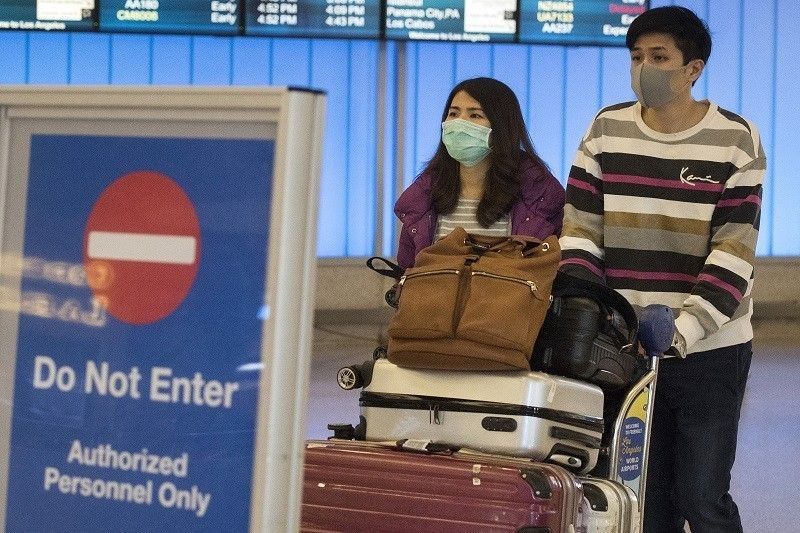WHO: 2019-nCoV not yet 'Public Health Emergency of International Concern'

MANILA, Philippines — The World Health Organization on early Friday morning locally said that it is still too early to announce a “Public Health Emergency of International Concern” amid the 2019 Novel (new) Coronavirus (2019-nCoV) outbreak in China and its discovery in other countries.
WHO Director-General Doctor Tedros Adhanom Ghebreyesus said the International Health Regulations Emergency Committee was divided if the 2019-nCoV warrants a PHEIC declaration.
“Make no mistake. This is an emergency in China, but it has not yet become a global health emergency. It may yet become one,” Ghebreyesus said in a speech.
The 2019-nCoV is a newly discovered strain of coronavirus, an umbrella term for a family of viruses that include the common cold, as well as the deadly Severe Acute Respiratory Syndrome and Middle East Respiratory Syndrome.
“The responsibility of determining whether an event is [PHEIC] lies with the WHO Director-General and requires the convening of a committee of experts – the IHR Emergency Committee. This committee advises the Director General on the recommended measures to be promulgated on an emergency basis, known as temporary recommendations,” according to the organization’s website.
The PHEIC was declared for viruses like H1N1 (Swine Flu) in 2009, Polio in 2014, Ebola in 2014, Zika in 2015, and most recently in 2019 for the Kivu Ebola epidemic.
“Temporary recommendations include health measures to be implemented by the State Party experiencing the PHEIC, or by other States Parties, to prevent or reduce the international spread of disease and avoid unnecessary interference with international traffic.”
At least 584 cases of 2019-nCoV, including 17 deaths, have been reported to the WHO. Almost all (98.45%) of which were reported in China.
The virus has also been confirmed in Thailand, Japan, Taiwan, South Korea, Macau and the United States.
WHO assessed that the outbreak is a very high risk in China, as well as a high risk regionally and globally, but said that it would not recommend any broader restrictions on travel or trade.
“We recommend exit screening at airports as part of a comprehensive set of containment measures. All countries should have in place measures to detect cases of coronavirus, including at health facilities,” the director-general said
Ghebreyesus also admitted that much remains unknown about the new coronavirus, including the source, how easily it spreads, its clinical features and its severity.
Present knowledge, according to him, is that the virus can cause severe disease and can even kill, but only causes milder symptoms for most people.
A quarter of patients experienced severe disease and most of the victims “had underlying health conditions such as hypertension, diabetes or cardiovascular disease that weakened their immune systems.”
“We know that there is human-to-human transmission in China, but for now it appears limited to family groups and health workers caring for infected patients. At this time, there is no evidence of human-to-human transmission outside China, but that doesn’t mean it won’t happen.”
WHO, meanwhile, said it is working nonstop with its partners in China and affected countries the fill the gaps in present knowledge as quickly as possible.
- Latest
- Trending































